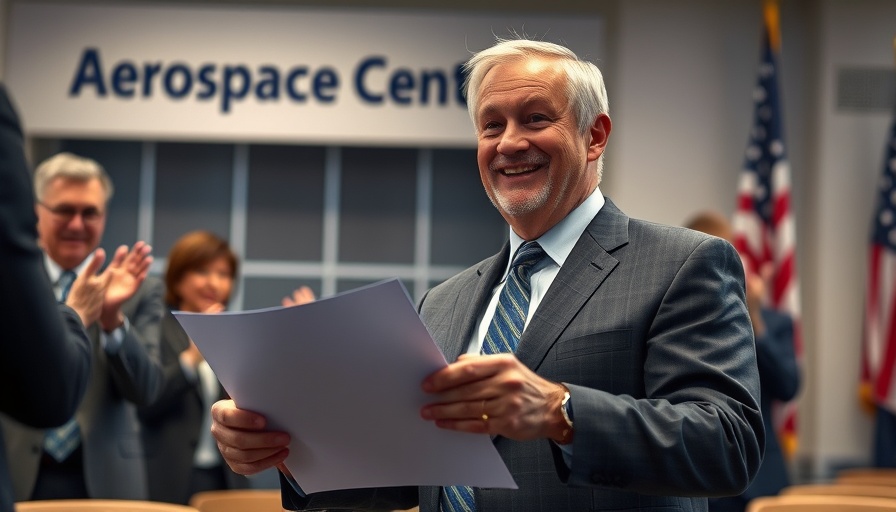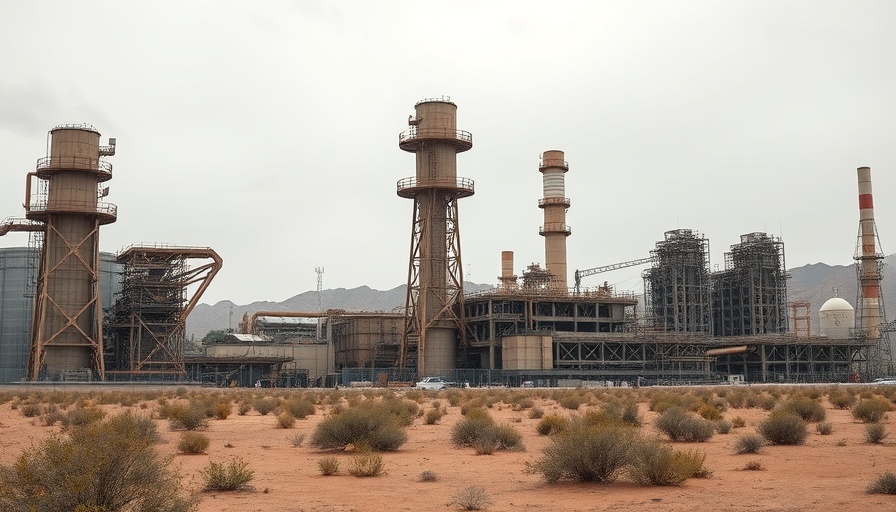
Trump's Decisions Create Unprecedented Challenges for Texas' Immigration System
As the political landscape continues to evolve, President Donald Trump's recent policy shifts in immigration enforcement have raised serious concerns about due process for detained migrants in Texas. In a sweeping move aimed at accelerating deportations, the Trump Administration has eliminated bond hearings, effectively leaving detained immigrants without the chance to challenge their detention before a judge. This decision is poised to create significant consequences in a state already grappling with an overwhelming backlog of immigration cases.
The Implications of Ending Bond Hearings
Denise Gilman, a law professor at the University of Texas at Austin, critiques the administration's decision, stating that "eliminating the opportunity for a judge to assess the appropriateness of detention fundamentally undermines due process." Without bond hearings, migrants now face the prospect of prolonged detention while their cases are heard, which could span months or even years. This situation is particularly dire in Texas, which houses the majority of the nation’s immigration detention beds and is liable to see a surge in detainee populations due to this latest policy.
A Growing Backlog: A Dangerous Trend
In the wake of these changes, the immigration system is under extreme pressure. An astonishing backlog of over four million pending cases already exists, as reported by the Executive Office for Immigration Review. The recent termination of nearly one-fifth of the nation's immigration judges—106 judges out of approximately 700—exacerbates this crisis. Heidi Altman, vice president of policy at the National Immigration Law Center, warns that the combination of fewer judges and an increase in detained migrants without bond hearings could lead to a formidable backlog that will take years to resolve.
Texas at a Crossroads: Impact on Local Communities
Texas cities like Houston, El Paso, and Laredo are feeling the impact of aggressive immigration enforcement measures. The job losses among immigration judges, many of whom worked in these cities, further complicate an already chaotic system. Experts argue that the shift toward extreme measures places immense stress on local communities, exacerbating tensions and disrupting families.
What Lies Ahead?
Looking to the future, Trump’s unchanged stance on immigration could signify an era of heightened scrutiny and harsher conditions for migrants in Texas. As these policies unfold, stakeholders ranging from legal advocates to local officials must remain vigilant and proactive in their support for affected communities, working to safeguard the rights and dignity of those enduring the hardships of the immigration system.
Final Thoughts
As we witness these developments, there is a collective need to understand and engage with the challenges faced by migrants. Awareness and advocacy play crucial roles in navigating the complexities of immigration policy, ensuring that all individuals are treated with the respect they deserve.
 Add Row
Add Row  Add
Add 




Write A Comment